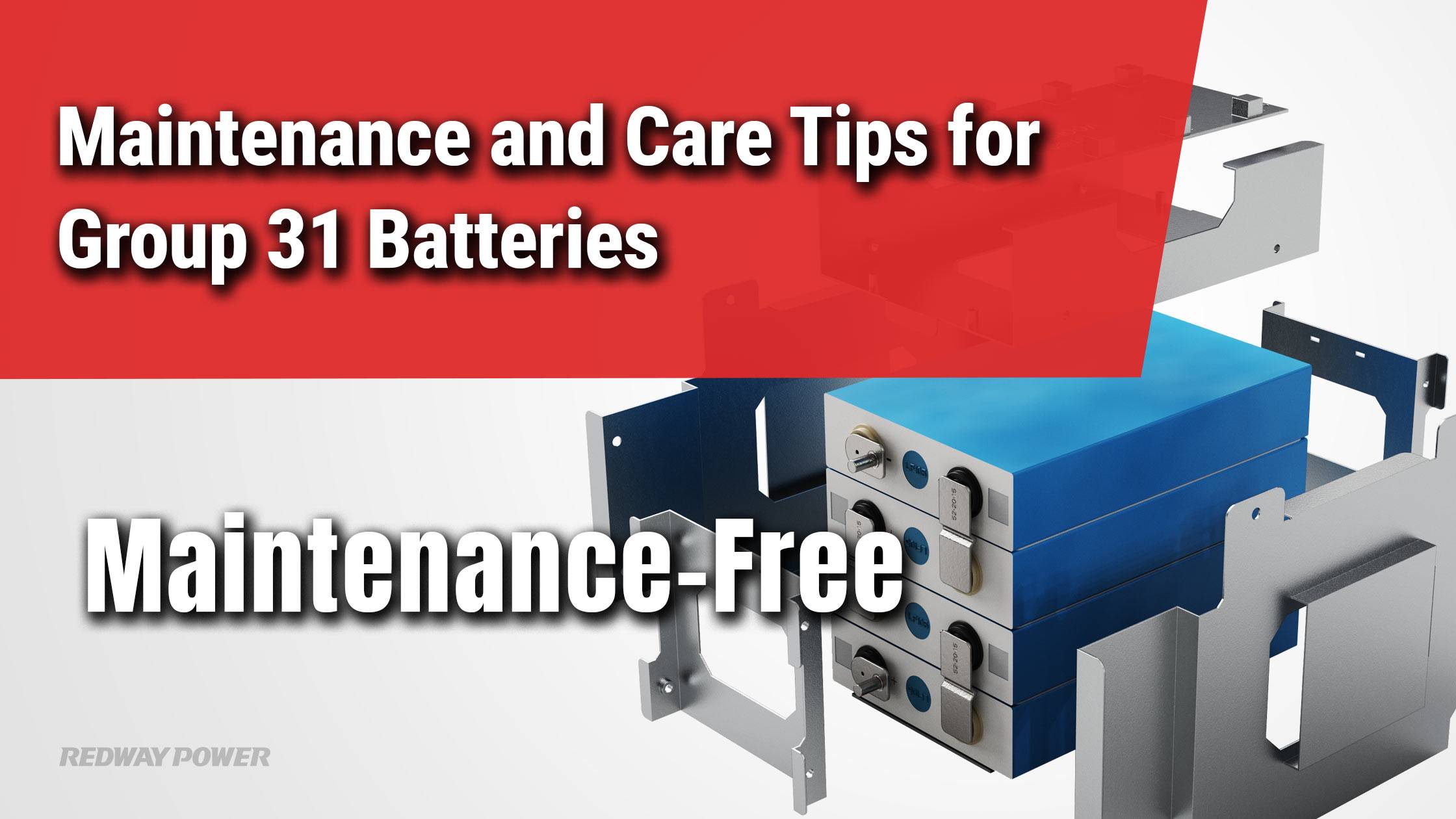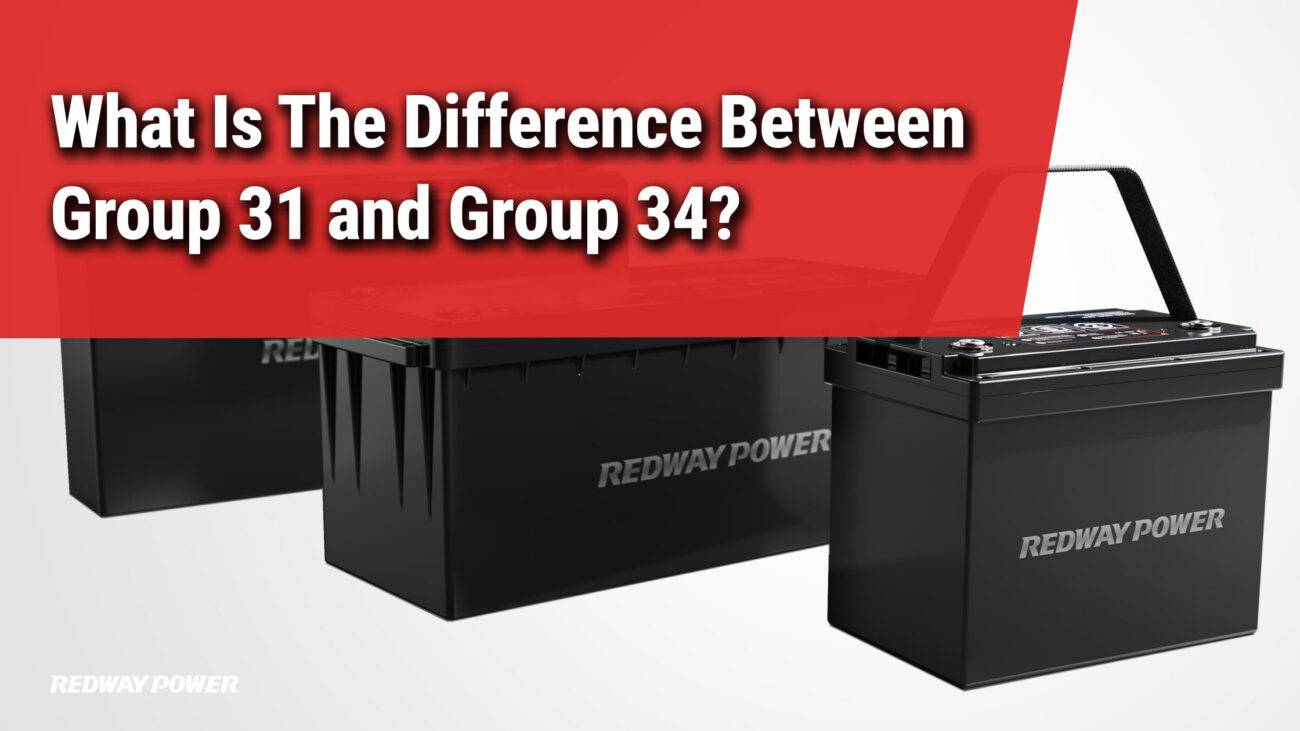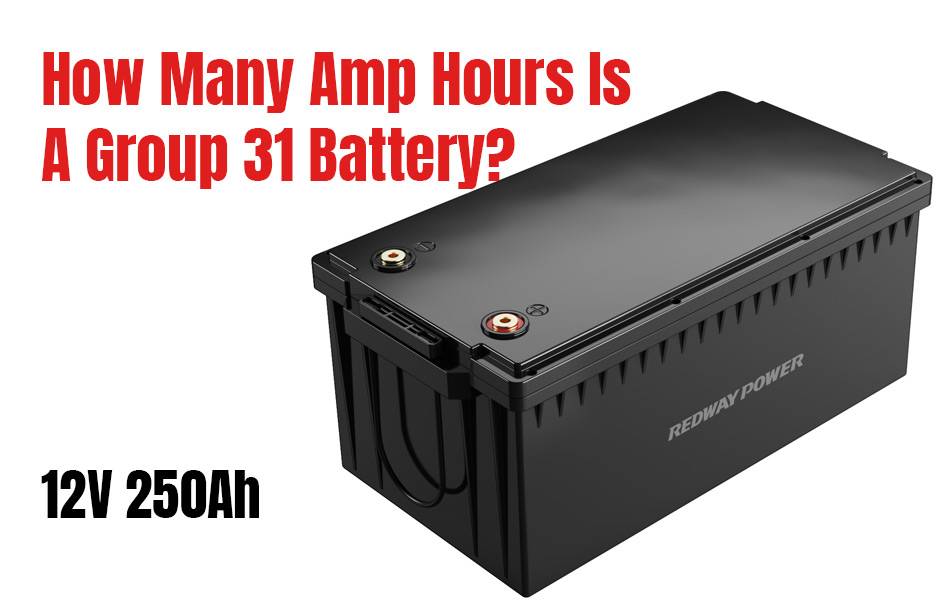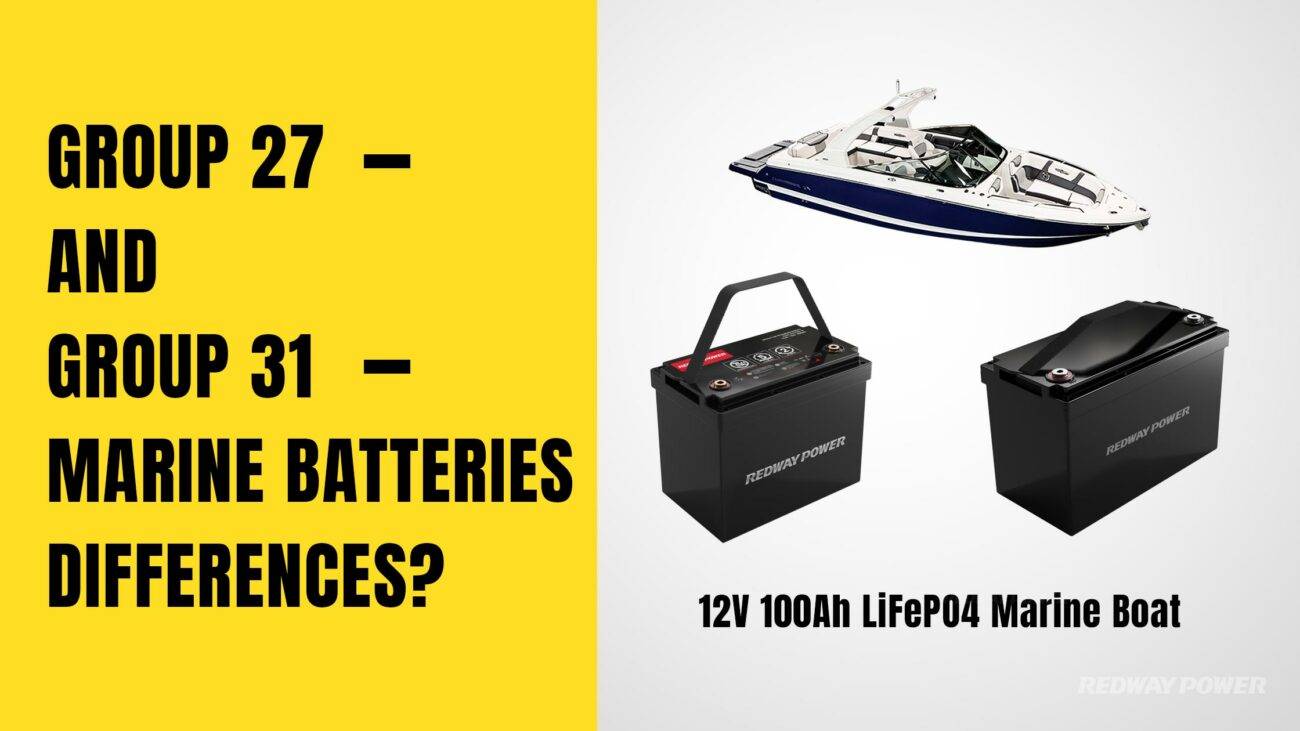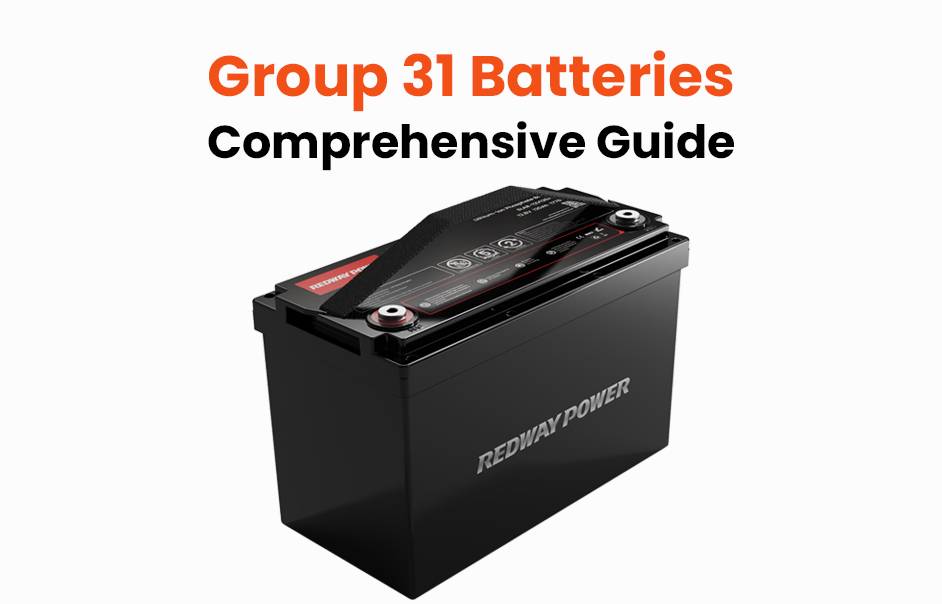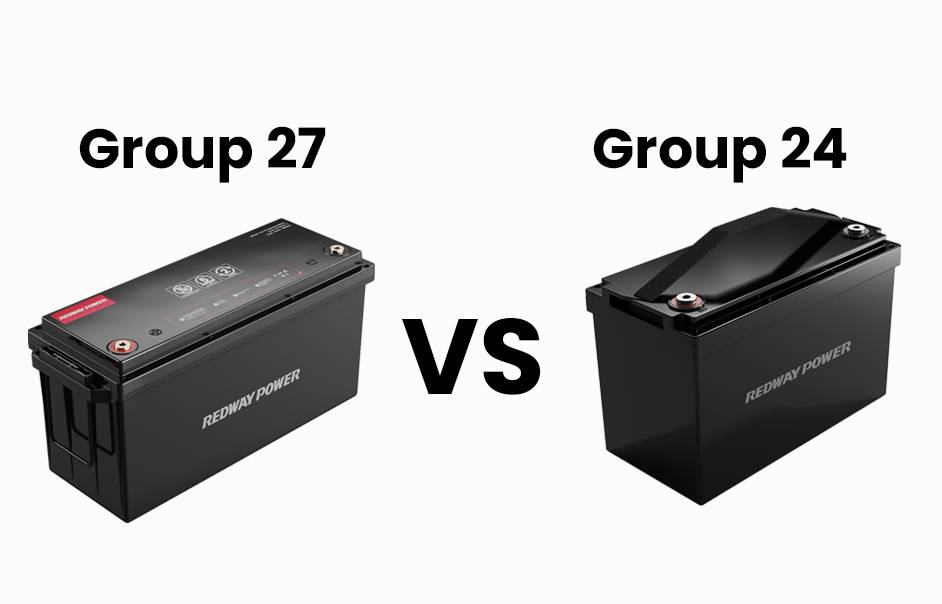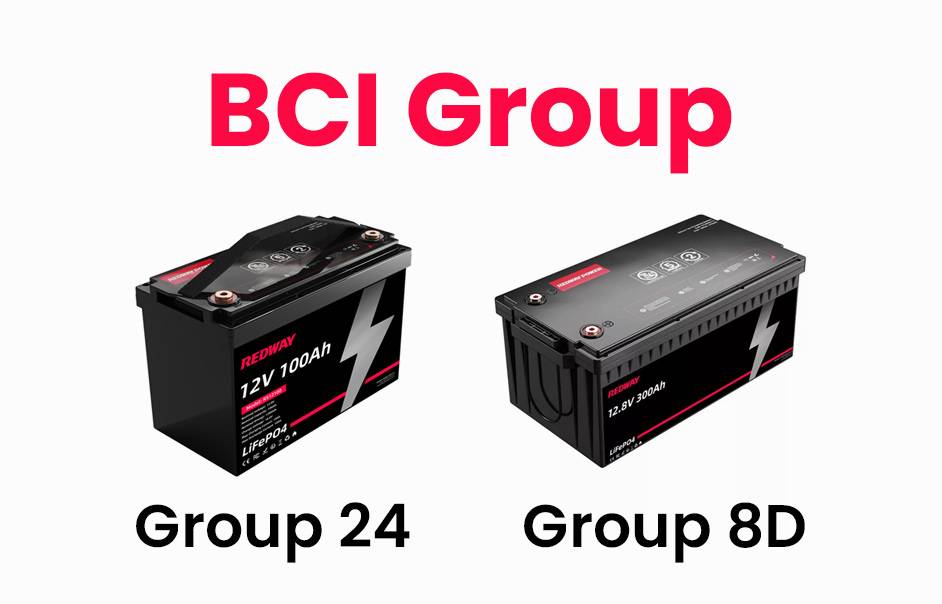- Forklift Lithium Battery
-
48V
- 48V 210Ah
- 48V 300Ah
- 48V 420Ah (949 x 349 x 569 mm)
- 48V 420Ah (950 x 421 x 450 mm)
- 48V 456Ah
- 48V 460Ah (830 x 630 x 590 mm)
- 48V 460Ah (950 x 421 x 450 mm)
- 48V 460Ah (800 x 630 x 600 mm)
- 48V 460Ah (820 x 660 x 470 mm)
- 48V 500Ah
- 48V 560Ah (810 x 630 x 600 mm)
- 48V 560Ah (950 x 592 x 450 mm)
- 48V 600Ah
- 48V 630Ah
-
48V
- Lithium Golf Cart Battery
- 12V Lithium Battery
12V 150Ah Lithium RV Battery
Bluetooth App | BCI Group 31
LiFePO4 Lithium
Discharge Temperature -20°C ~ 65°C
Fast Charger 14.6V 50A
Solar MPPT Charging - 24V Lithium Battery
- 36V Lithium Battery
- 48V Lithium Battery
-
48V LiFePO4 Battery
- 48V 50Ah
- 48V 50Ah (for Golf Carts)
- 48V 60Ah (8D)
- 48V 100Ah (8D)
- 48V 100Ah
- 48V 100Ah (Discharge 100A for Golf Carts)
- 48V 100Ah (Discharge 150A for Golf Carts)
- 48V 100Ah (Discharge 200A for Golf Carts)
- 48V 150Ah (for Golf Carts)
- 48V 160Ah (Discharge 100A for Golf Carts)
- 48V 160Ah (Discharge 160A for Golf Carts)
-
48V LiFePO4 Battery
- 60V Lithium Battery
-
60V LiFePO4 Battery
- 60V 20Ah
- 60V 30Ah
- 60V 50Ah
- 60V 50Ah (Small Size / Side Terminal)
- 60V 100Ah (for Electric Motocycle, Electric Scooter, LSV, AGV)
- 60V 100Ah (for Forklift, AGV, Electric Scooter, Sweeper)
- 60V 150Ah (E-Motocycle / E-Scooter / E-Tricycle / Tour LSV)
- 60V 200Ah (for Forklift, AGV, Electric Scooter, Sweeper)
-
60V LiFePO4 Battery
- 72V~96V Lithium Battery
- Rack-mounted Lithium Battery
- E-Bike Battery
- All-in-One Home-ESS
- Wall-mount Battery ESS
-
Home-ESS Lithium Battery PowerWall
- 24V 100Ah 2.4kWh PW24100-S PowerWall
- 48V 50Ah 2.4kWh PW4850-S PowerWall
- 48V 50Ah 2.56kWh PW5150-S PowerWall
- 48V 100Ah 5.12kWh PW51100-F PowerWall (IP65)
- 48V 100Ah 5.12kWh PW51100-S PowerWall
- 48V 100Ah 5.12kWh PW51100-H PowerWall
- 48V 200Ah 10kWh PW51200-H PowerWall
- 48V 300Ah 15kWh PW51300-H PowerWall
PowerWall 51.2V 100Ah LiFePO4 Lithium Battery
Highly popular in Asia and Eastern Europe.
CE Certification | Home-ESS -
Home-ESS Lithium Battery PowerWall
- Portable Power Stations
Why Are Group 31 Batteries Essential for Heavy-Duty Applications?
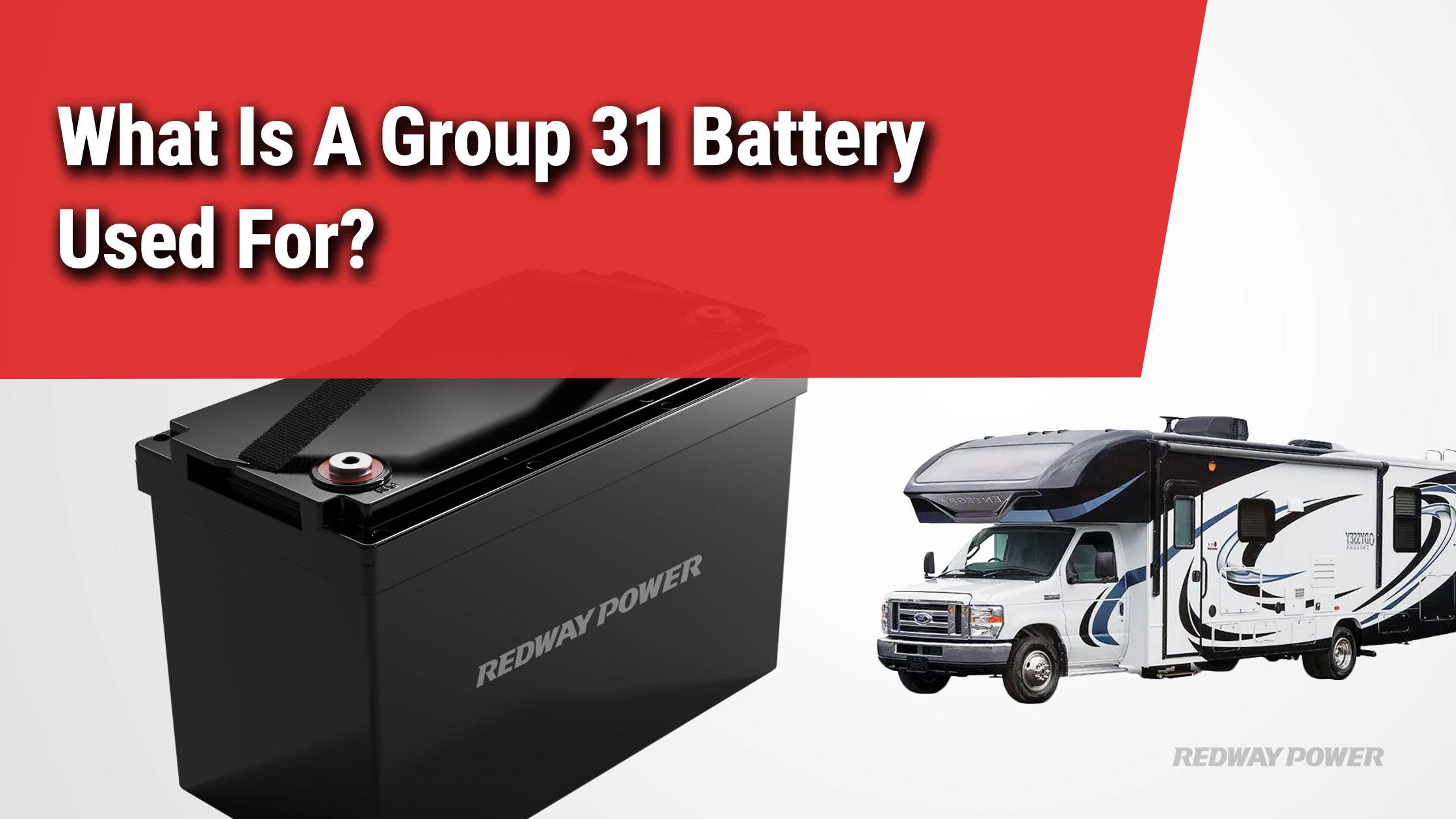
Group 31 batteries are essential for heavy-duty applications due to their high capacity and versatility. They are commonly used in commercial vehicles, marine applications, and renewable energy systems, providing reliable power for various demanding tasks. Understanding their features and applications can help you select the right battery for your needs.
What are the key features of Group 31 batteries?
Group 31 batteries stand out due to several key features:
- High Capacity: Typically offering between 100 to 125 amp-hours (Ah), these batteries provide substantial power, making them ideal for heavy-duty applications.
- Durability: Designed to withstand harsh environments, they are rugged and reliable, ensuring longevity even under demanding conditions.
- Versatility: Suitable for a wide range of applications, including automotive, marine, industrial, and renewable energy sectors.
| Feature | Description |
|---|---|
| Capacity | 100 – 125 Ah |
| Dimensions | Approximately 13 x 6.8 x 9.4 inches |
| Durability | Resistant to vibrations and extreme conditions |
What types of Group 31 batteries are available?
Group 31 batteries come in several types, each with distinct advantages:
- Flooded Lead-Acid Batteries: These traditional batteries require maintenance but are cost-effective.
- Absorbent Glass Mat (AGM) Batteries: Spill-proof and maintenance-free, AGM batteries offer superior performance and efficiency.
- Lithium-Ion Batteries: Known for their long lifespan and lightweight design, lithium-ion options provide high energy density but at a higher cost.
| Type | Maintenance | Cost | Lifespan |
|---|---|---|---|
| Flooded Lead-Acid | Requires | Low | Moderate |
| AGM | Maintenance-free | Moderate | High |
| Lithium-Ion | Maintenance-free | High | Very High |
In what applications are Group 31 batteries commonly used?
Group 31 batteries are utilized across various industries due to their reliability and power output:
- Commercial Trucks: Provide starting power and support electrical systems.
- Recreational Vehicles (RVs): Power onboard appliances and lighting.
- Marine Applications: Ideal for boats, powering engines and electronics.
- Solar Power Systems: Store energy from solar panels for later use.
- Heavy Machinery: Used in construction equipment for reliable operation.
- Emergency Backup Systems: Ensure critical infrastructure remains operational during outages.
| Application | Description |
|---|---|
| Commercial Trucks | Starting engines and powering accessories |
| RVs | Powering appliances and lighting |
| Marine Applications | Reliable power in harsh conditions |
| Solar Power Systems | Energy storage for off-grid use |
| Heavy Machinery | Reliable operation in demanding environments |
How do you choose the right Group 31 battery for your needs?
Selecting the right Group 31 battery involves considering several factors:
- Power Requirements: Assess the amp-hour rating needed for your application.
- Type of Use: Determine if you need a deep cycle or starting battery based on your usage patterns.
- Budget Constraints: Balance between upfront costs and long-term performance benefits.
When choosing between flooded lead-acid, AGM, or lithium-ion types, consider both performance needs and maintenance preferences.
Why is a Group 31 battery preferred over other types?
Group 31 batteries are often preferred due to their superior capacity and durability compared to smaller group sizes like Group 24. They excel in high-demand scenarios where extended power is crucial, making them suitable for heavy-duty vehicles and industrial applications.
Industrial News
Recent developments in the battery industry highlight advancements in technology aimed at improving efficiency and sustainability. Companies are increasingly focusing on developing lithium-ion variants that offer longer life cycles while reducing environmental impact through recycling initiatives. Additionally, new manufacturing techniques are being explored to enhance performance under extreme conditions, making these batteries even more reliable for heavy-duty applications.
Redway Power Insights
“Group 31 batteries represent a vital component in modern energy solutions,” says industry expert John Doe from Redway Power. “Their ability to deliver consistent power across various applications—from commercial trucks to renewable energy systems—demonstrates their versatility and reliability in demanding environments.”
FAQ Section
Q1: What is the lifespan of a typical Group 31 battery?
A1: The lifespan varies by type; AGM batteries can last up to 5-7 years, while flooded lead-acid options may last around 3-5 years with proper maintenance.Q2: Can I use a Group 31 battery in my RV?
A2: Yes, Group 31 batteries are ideal for RVs as they provide ample power for appliances and lighting during trips.Q3: How do I maintain my flooded lead-acid Group 31 battery?
A3: Regular maintenance includes checking electrolyte levels and adding distilled water as needed to ensure optimal performance.Q4: Are lithium-ion Group 31 batteries worth the investment?
A4: Yes, they offer longer life cycles and better efficiency but come at a higher initial cost compared to traditional options.
